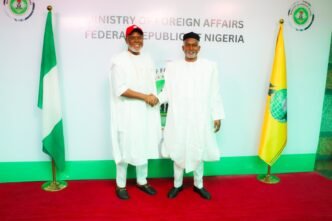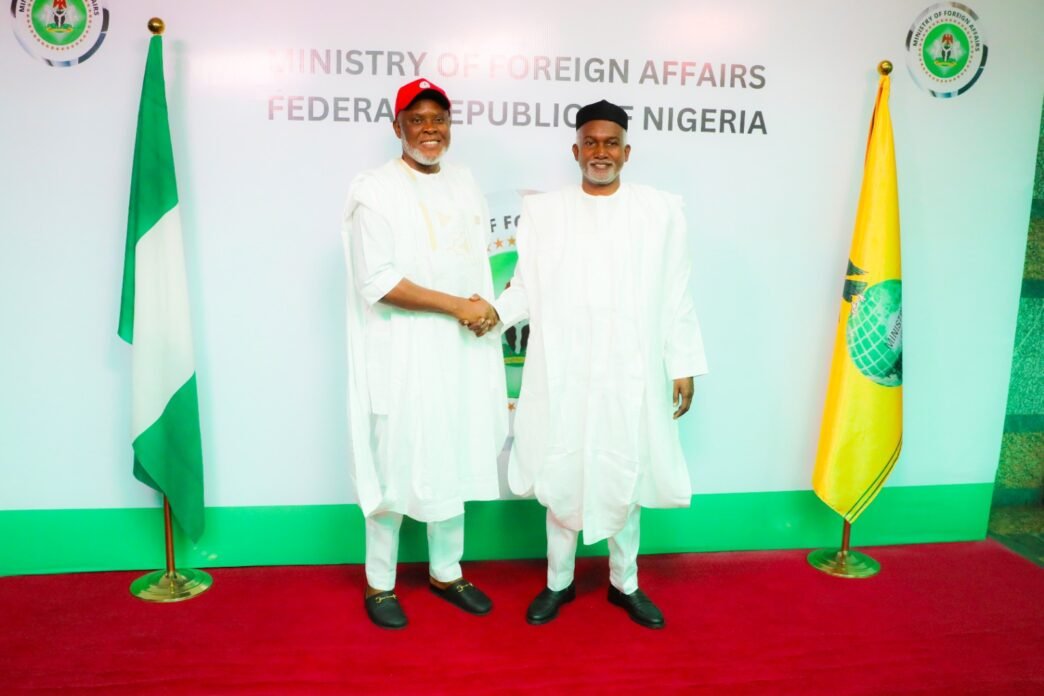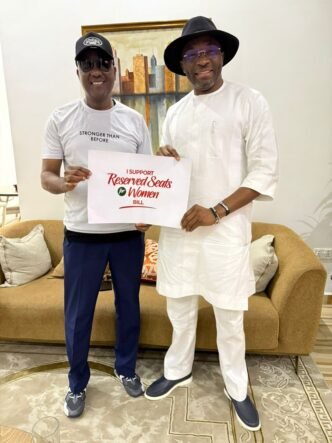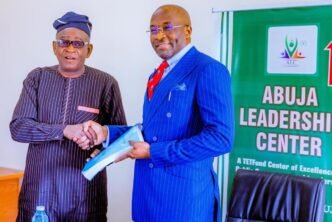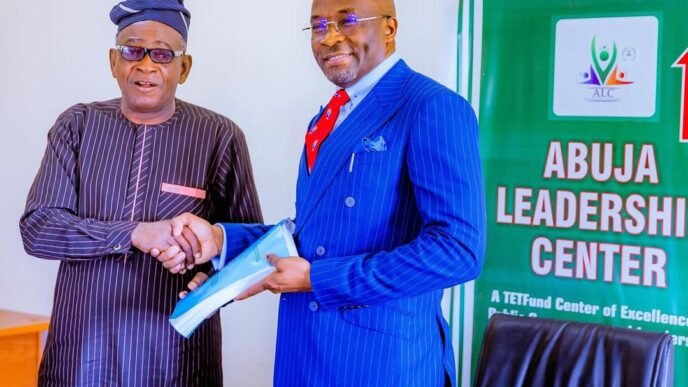A recent meeting between the National Assembly Library Trust Fund (NALTF) and the Ministry of Foreign Affairs is more than a routine government meeting—it’s a critical step toward securing Nigeria’s legacy and empowering its citizens.
The meeting which took place during a visit by NALTF’s Executive Secretary, Rt. Hon. Henry Nwawuba, to Foreign Affairs Minister Amb. Yusuf Maitama Tuggar, has a wide-ranging impact that every Nigerian should be interested in.
Here are seven key reasons why this meeting is so important:
1. Preserving National History and Heritage: The initiative aims to digitize and centralize scattered records, from diplomatic correspondence to cultural artifacts. Minister Tuggar’s mention of Nigerian artifacts in foreign museums, like the British Museum and Yale University, highlights a long-standing challenge. This is a proactive move towards creating a comprehensive national repository, ensuring that Nigeria’s rich history is properly documented, preserved, and accessible to Nigerians for generations to come.
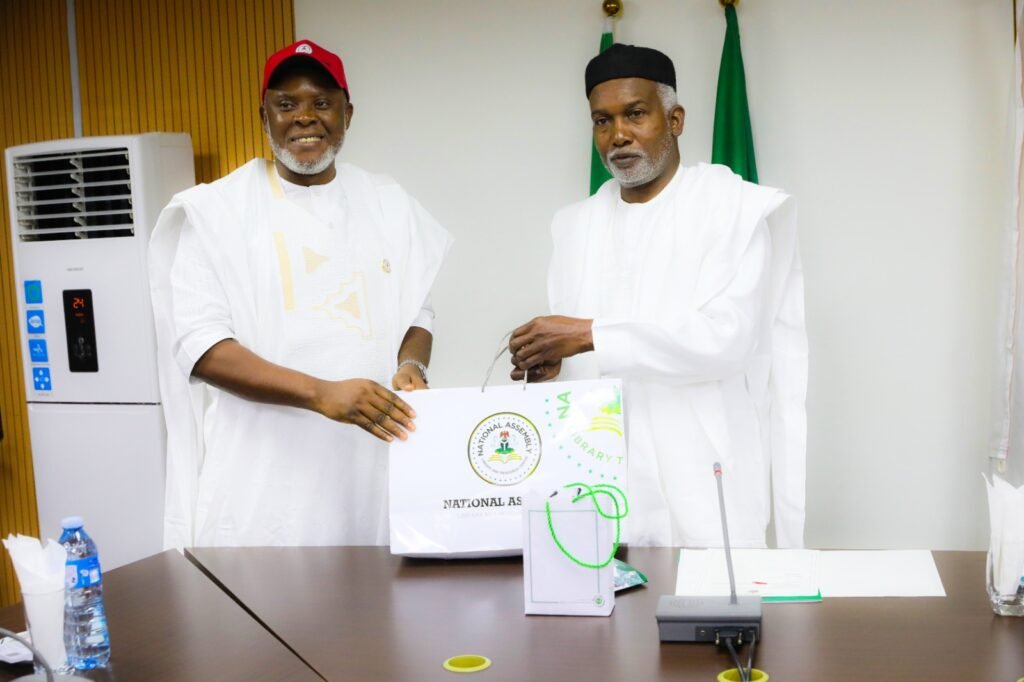
2. Increasing Government Transparency: Moving to digitize records, the government is making information more accessible. This move supports a culture of openness and accountability. Citizens will have a clearer view of the nation’s diplomatic activities, treaties, and agreements, making it easier to hold public officials accountable and fostering greater trust in government institutions.
3. Empowering Citizens with Information: A key goal is to make information available to Nigerians. As Minister Tuggar noted, many citizens are unaware of significant contributions from ECOWAS that affect their lives. By curating this data, the library can inform the public about treaties and agreements that directly benefit them, enabling more informed decision-making and civic engagement.
4. Fostering Evidence-Based Policymaking: A centralized and digitized library of records provides a valuable resource for research. Legislators, policymakers, and scholars can access accurate, verifiable data to inform their work. This moves the country away from anecdotal decision-making and toward policies grounded in historical context and concrete evidence, leading to more effective and beneficial governance.
5. Creating a Global Network for Knowledge: The NALTF’s plan to “reach out to Libraries across nations” is an ambitious step toward international collaboration. This could create a synergy among libraries worldwide, providing Nigerian researchers and students with access to a wealth of global data. Such a network would position Nigeria as a serious player in the international academic community.
6. Safeguarding Data Integrity: This move focuses on ensuring the “integrity of the data” being collected. By collaborating with the Foreign Affairs Ministry, NALTF can gather information directly from the source, minimizing the risk of misinformation. This is particularly crucial for sensitive diplomatic and historical records, where accuracy is paramount.
7. Modernizing Governance and Public Services: The move to a more digital and virtual form of record-keeping aligns Nigeria with global best practices. This modernization effort will improve efficiency in government operations, reduce reliance on outdated paper-based systems, and provide a model for other ministries and agencies to follow. Ultimately, it’s a step toward building a more efficient and technologically advanced government that better serves its people.
